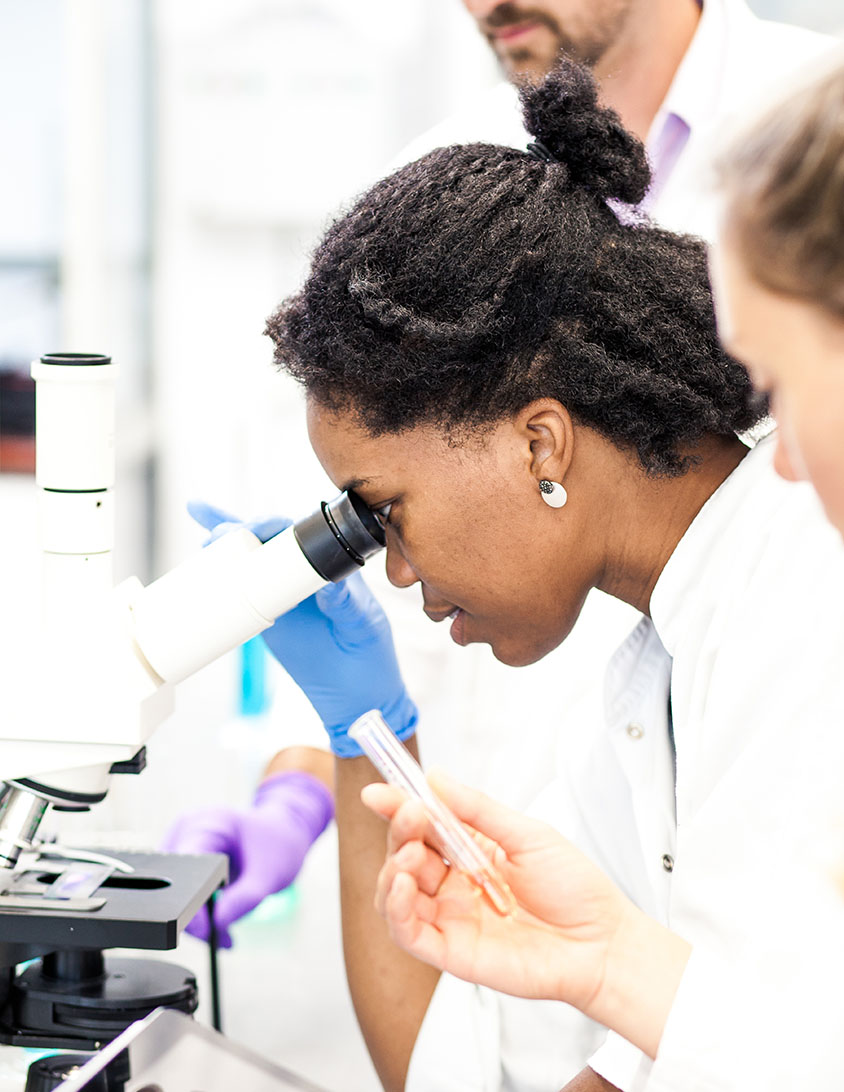Polymyositis (PM)
Signs and Symptoms
Polymyositis (PM) is primarily characterized by weakness in the skeletal muscles that is often symmetric (on both sides of the body) and proximal (close to the torso). The muscles of the shoulders, upper arms, hips, thighs and neck typically display the most weakness in PM. Some affected people also experience tenderness and/or pain in their muscles.
People with PM may have trouble extending their knees, stepping down or climbing stairs, or experience increasing difficulty in activities such as getting up from a chair, carrying groceries, lifting a gallon of milk, or picking up their children.
Other complications
In some people with PM, complications can occur. Affected people may experience:
- Difficulties with swallowing (dysphagia)
- Breathing problems (lung inflammation, respiratory insufficiency)
- Inflammation of the heart (myocarditis)
- Increased risk of cancer (malignancies)
The heart, respiratory and swallowing problems are the most serious effects of PM and need close monitoring.
References
- Findlay AR, Goyal NA, Mozaffar T. An overview of polymyositis and dermatomyositis. Muscle Nerve. 2015;51(5):638-656. doi:10.1002/MUS.24566
- Baig S, Paik JJ. Inflammatory muscle disease – An update. Best Pract Res Clin Rheumatol. 2020;34(1):101484. doi:10.1016/j.berh.2019.101484
Last update: Feb 2023
Reviewed by Julie Paik, MD, MHS; Johns Hopkins University

